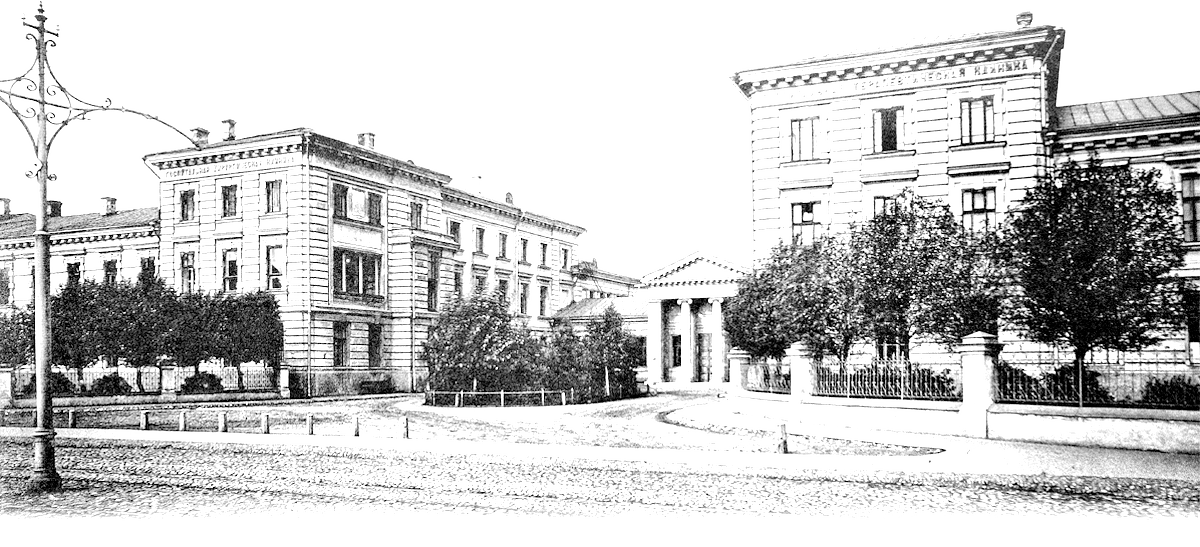Prostatitis
- Details
- Published: 04 November 2018
Prostatitis is an inflammatory process in the prostate gland.
Severe circulatory disorders in the pelvic area are the scourge of modern men. It occurs due to a sedentary lifestyle. Also, prostatitis can be caused by sexually transmitted infections.
The disease can occur in acute and chronic form. The course of chronic prostatitis is undulating, the periods of exacerbation are replaced by more or less prolonged remission period, during which the disease does not manifest. The most frequent complications of prostatitis are inflammation of the seminal vesicles, inflammation of the testes and their appendages, which leads to male infertility.
Prostatitis symptoms
Most often, prostatitis develops in a chronic form and proceeds without symptoms. Periodically, pain in the perineum and discomfort during urination appear. A slight discharge from the urethra and problems with erection may occur. .
The acute course of prostatitis is accompanied with fever, the temperature rises up to 38-39 degrees. There are painful frequent urination, discomfort and pain in the groin, perineum.
Diagnostic of prostatitis
If a chronic form of the disease is suspected, a prostate secretion is sown. The procedure is carried out through the rectum. The doctor presses down on the prostate with his finger and thus receives a secretion of an opalescent fluid - the secret. This analysis shows the titer, i.e. the amount of infection and sensitivity to antibacterial drugs, and helps to choose the right antibiotic therapy.
Transrectal ultrasound (TRUS) allows to estimate the structure of the prostate and blood circulation parameters, which always suffers in the presence of an inflammatory process. The examination is performed with a special sensor through the rectum. In addition, it allows to diagnose an acute form of inflammation and eliminate the formation of an abscess of the prostate.
Treatment of prostatitis
When an abscess is detected, an emergency operation is performed – drainage of an abscess. In the absence of an abscess, adequate antibacterial, anti-inflammatory, and infusion therapy is carried out. Correctly chosen complex method of treatment allows to completely get rid of prostatitis and its unpleasant manifestations.




